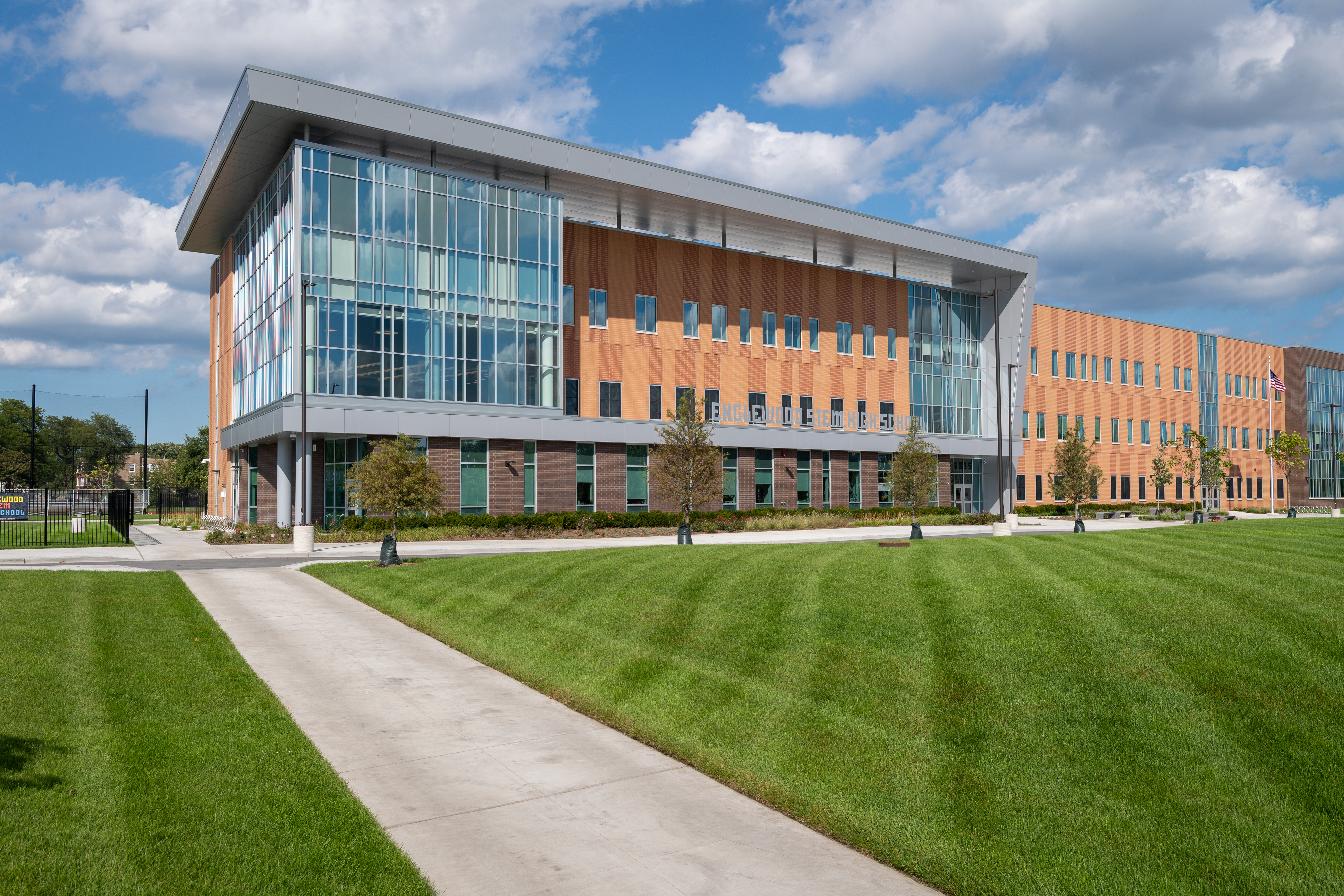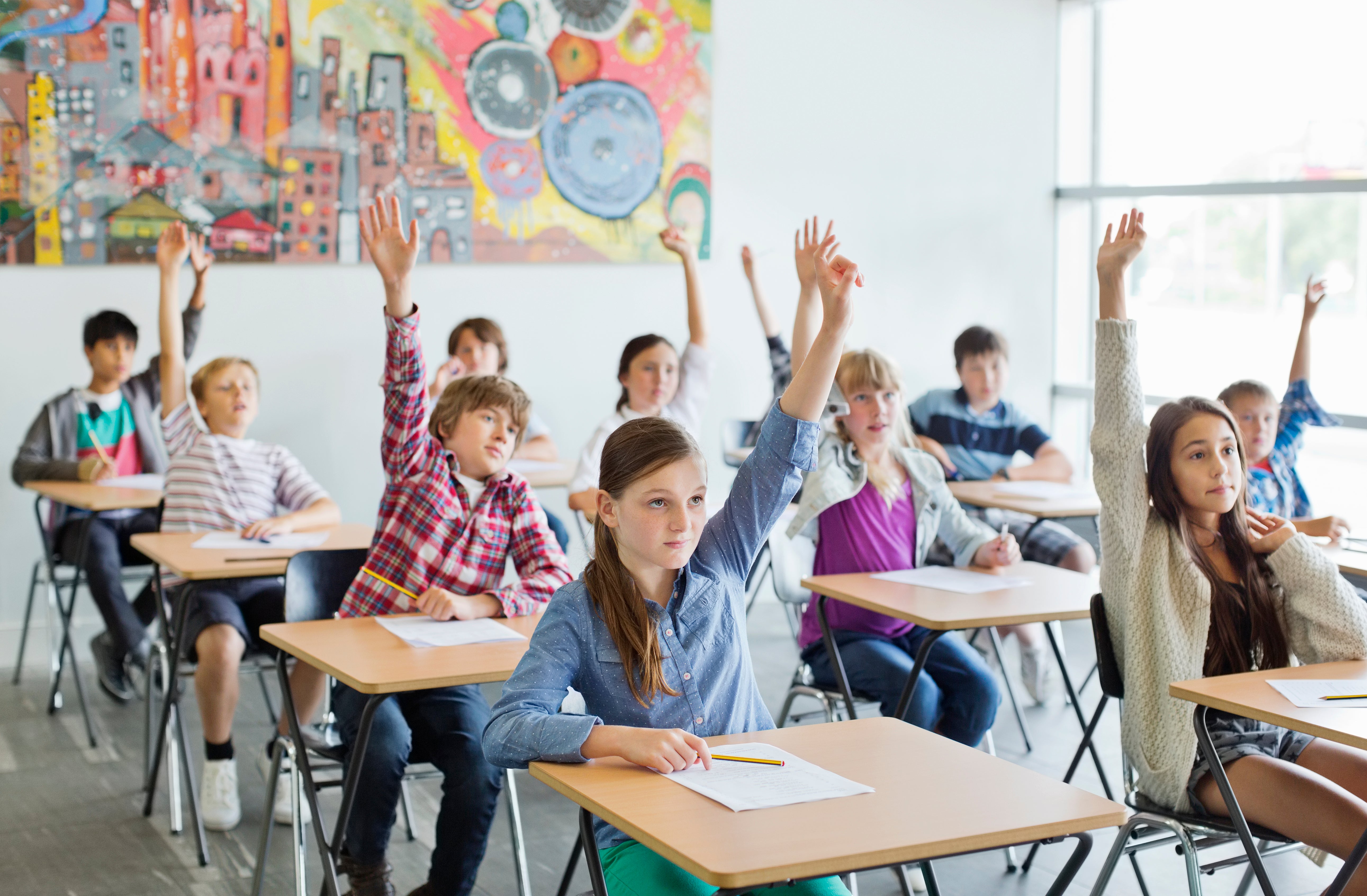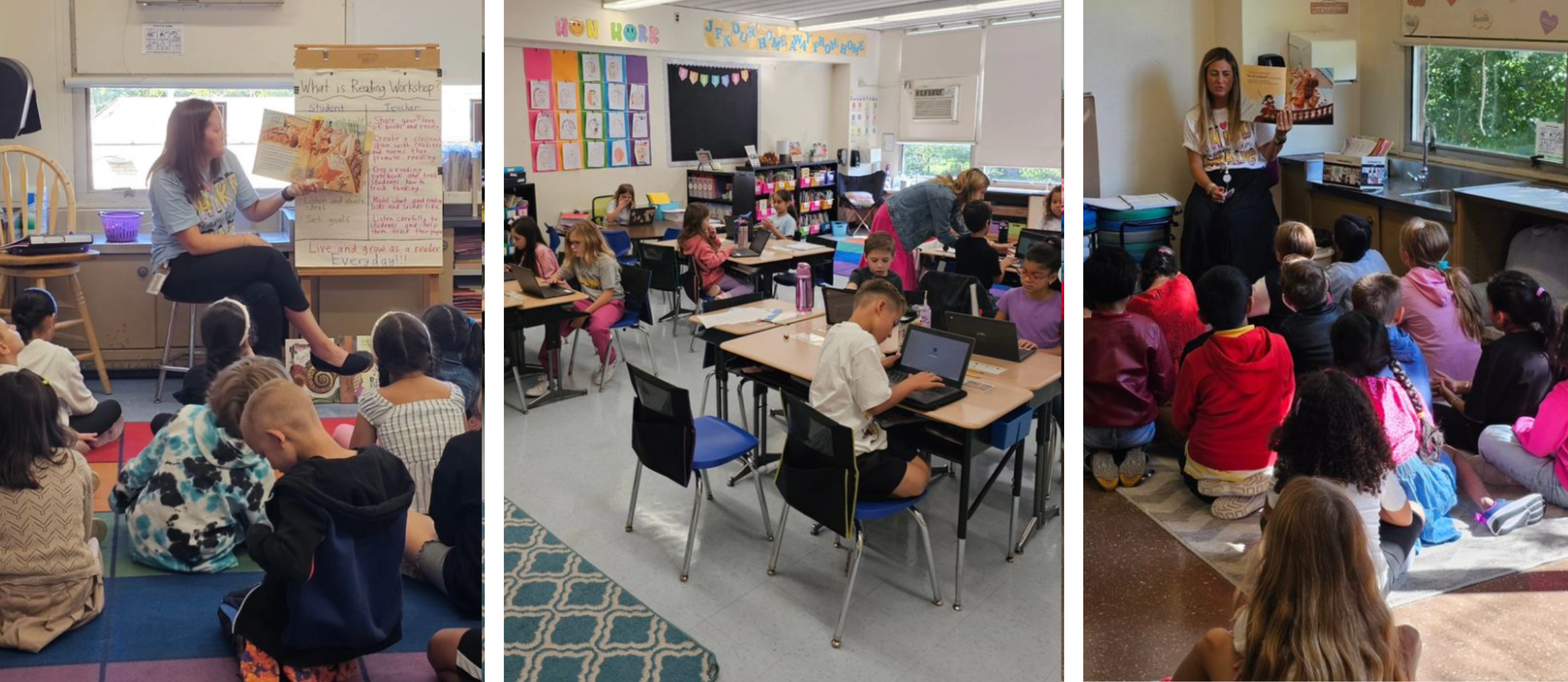Join Us: Events and Initiatives to Save Temecula Schools
Join Us: Events and Initiatives to Save Temecula Schools
Blog Article
Comprehending the Significance of Institutions in Child Advancement and Area Growth
Schools act as critical organizations for youngster advancement and neighborhood growth, supplying environments where academic success are enhanced by the growing of social skills and direct exposure to diverse point of views. These academic settings not only advertise crucial thinking and efficient interaction however likewise foster empathy via joint tasks. Schools' involvement with neighborhood neighborhoods through service-learning campaigns reinforces the bond between families and instructional organizations. This symbiotic partnership underscores the relevance of schools in nurturing active citizenship and long-lasting understanding habits. Nevertheless, what are the specific mechanisms whereby these establishments accomplish such extensive impacts?
Academic Success
Academic accomplishment offers as a foundation of youngster growth, offering the foundation whereupon future knowing and success are developed. Institutions play a pivotal duty in cultivating this academic growth, offering structured settings where children can obtain necessary understanding and cognitive skills. Standard educational program guarantee that trainees gain effectiveness in core topics such as mathematics, science, and language arts, which are crucial for both college and professional possibilities.
Along with passing on basic academic abilities, institutions additionally cultivate vital thinking, problem-solving capacities, and intellectual curiosity. These cognitive expertises are crucial for browsing intricate real-world situations and adapting to the ever-evolving demands of the modern-day workplace. Teachers, as facilitators of learning, utilize varied instructional approaches to deal with different knowing styles, thereby making the most of specific pupil capacity.
In addition, academic success is very closely connected to self-esteem and motivation. Children who experience academic accomplishments are extra most likely to create a positive self-concept and a lifelong enthusiasm for knowing. Institutions additionally offer numerous sources, such as libraries and technology, which even more enhance the instructional experience and prepare pupils for a highly innovative society.
Social Skill Growth
Beyond academic achievement, the function of schools in social skill growth is important. Schools act as a main location for youngsters to discover and exercise vital social abilities such as interaction, collaboration, and conflict resolution. In the structured environment of a classroom, students connect with peers, educators, and various other college personnel, using many opportunities to develop these crucial capacities.
Effective social skill growth in schools is helped with via team tasks, collective jobs, and extracurricular programs. These communications help pupils understand social standards, construct empathy, and foster a sense of neighborhood. As an example, team projects instruct trainees exactly how to work with each other in the direction of an usual objective, pay attention to different viewpoints, and browse differences constructively.

The cultivation of social abilities during academic year lays a structure for future individual and specialist relationships. Save Temecula Schools. As students develop, the ability to properly collaborate and connect ends up being significantly important, emphasizing the school's crucial function in alternative kid development
Exposure to Diversity
Direct exposure to variety in schools is essential to promoting a comprehensive way of thinking and expanding students' point of views. Schools function as a microcosm of the broader culture, and running into varied cultures, languages, and socioeconomic backgrounds within this environment equips trainees with vital skills for browsing an increasingly globalized globe. This exposure urges compassion, minimizes bias, and promotes mutual respect amongst peers.
Research shows that trainees who communicate with peers from varied histories display far better analytical skills and creative thinking. This understanding of diversity prepares pupils for future offices that value modern skills - Save Temecula Schools.

Community Engagement
The benefits of diverse class expand check this past the school walls, cultivating a solid feeling of community engagement amongst trainees. By interacting with peers from different cultural, socioeconomic, and ethnic backgrounds, students get a more comprehensive viewpoint and a gratitude for variety. This direct exposure urges them to end up being active residents who want to contribute positively to their communities.
Colleges that stress area involvement often incorporate service-learning projects, which allow trainees to address real-world troubles while applying academic abilities. These jobs not only improve students' understanding of their coursework however additionally instill a sense of obligation and compassion. Partnerships in between schools and local organizations provide trainees with opportunities to participate in neighborhood occasions, further solidifying their duty as aggressive area members - Save Temecula Schools.
In addition, parental and neighborhood participation in schools reinforces the bond in between schools and the areas they serve. When colleges open their doors to neighborhood events, workshops, and volunteer chances, they develop a collective setting that benefits all stakeholders. This shared assistance system makes sure that pupils get all natural development, preparing them to end up being well-rounded people who value and add to their communities. With these efforts, colleges play an essential duty in supporting neighborhood engagement and promoting societal growth.
Lifelong Knowing Habits
Establishing long-lasting discovering behaviors is crucial for a kid's constant development and versatility in an ever-changing globe. Institutions play a critical function in instilling these behaviors by developing an environment that fosters inquisitiveness, vital reasoning, and a love for understanding. With extracurricular activities and diverse curricula, instructors motivate students to explore various subjects, examine information seriously, and use their discovering to real-world scenarios.

In addition, colleges offer an organized atmosphere where kids can establish self-discipline and time monitoring skills, both of which are crucial for continual knowing. By highlighting the relevance of setting goals, reviewing progress, and adapting methods, schools prepare students to browse the intricacies of grown-up life, guaranteeing they remain lifelong learners and factors to society.
Final Thought
To conclude, colleges are essential in promoting youngster growth and community development by providing environments helpful to academic achievement, social skill development, and exposure to variety. Through collaborative projects and communications, colleges boost essential thinking, compassion, and interaction abilities. Neighborhood engagement initiatives better reinforce the bond in between academic organizations and local communities. Eventually, institutions cultivate long-lasting learning habits, equipping people with the needed knowledge and skills to add positively to society.
In the structured environment of a class, trainees interact with peers, educators, and other institution personnel, using countless opportunities to develop these important abilities.
In essence, direct exposure to diversity within colleges not only improves individual trainees however additionally enhances the social fabric of the area as a whole.
The benefits of varied class extend beyond the school walls, promoting a solid feeling of community interaction among students.Institutions that emphasize community interaction commonly integrate service-learning tasks, which allow students to deal with real-world issues while using scholastic abilities. Partnerships between institutions and neighborhood organizations offer students with chances to get involved in area occasions, further solidifying their role as proactive area members.
Report this page